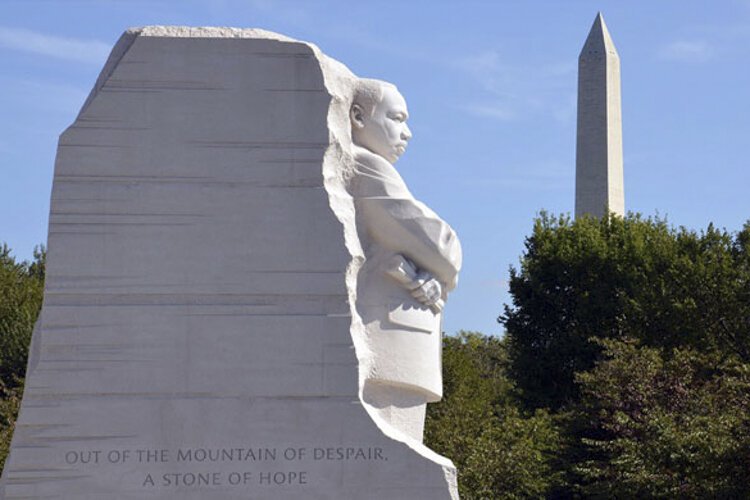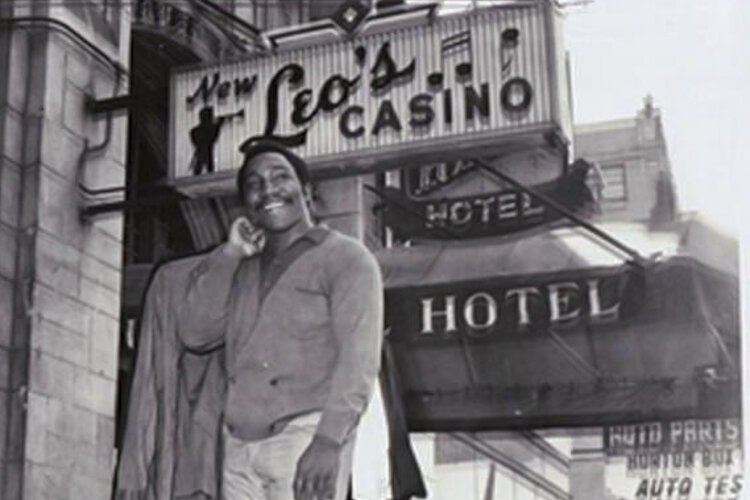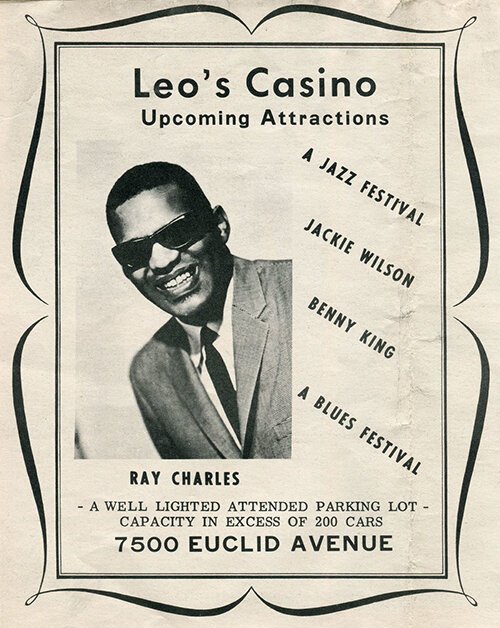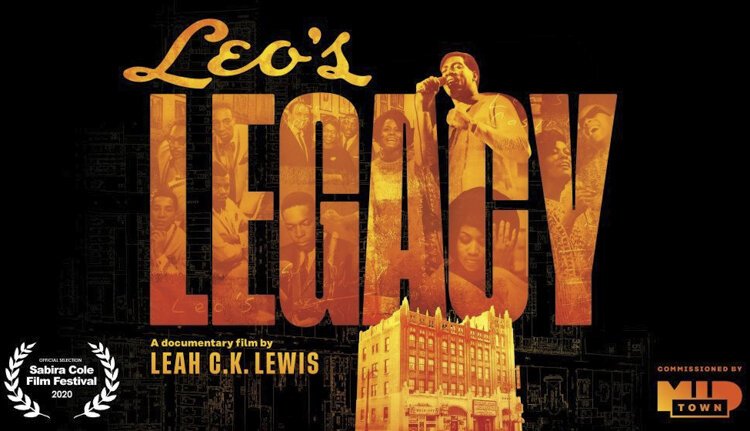Black excellence goes virtual: How Cleveland CDCs are celebrating Black History Month
The ongoing pandemic ensured that February 2021 would be a Black History Month like no other. As a result, community development corporations (CDCs) and the entities they help to promote decided to bring celebrations and educational programming to virtual platforms with a touch of creativity and perseverance.
This is just a sample of what some area CDCs are doing to celebrate Black History Month.
Dancing and folklore
University Circle Inc. [UCI] is promoting a month full of programming for area organizations, including an interactive rendition of the African folklore story, "Anansi the Spider,” for students from pre-kindergarten through third grade on Friday, Feb. 19. The performance takes place at Karamu House, as will workshops on family African dance, line dancing with the Lion King, and Hip-Hop on Fridays, Feb. 12, 19, and 26, respectively. The events are part of Karamu's "Our Roots Run Deep" program for Black History Month.
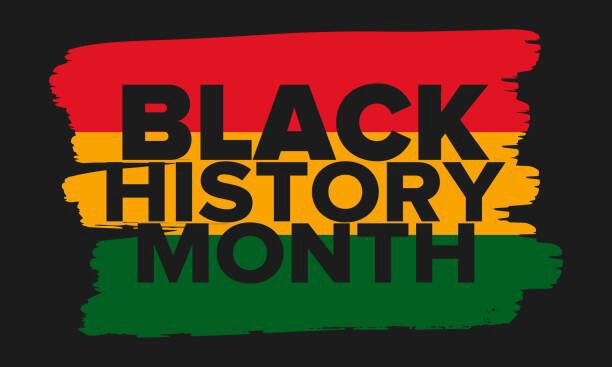 Teenage audiences and parents may appreciate virtual conversations like “Building Black Avenue: How Youth Voices are Shaping the Development of Cleveland’s East 66th Street.” That event, scheduled for 4 p.m. on Thursday, Feb. 18, will feature
Teenage audiences and parents may appreciate virtual conversations like “Building Black Avenue: How Youth Voices are Shaping the Development of Cleveland’s East 66th Street.” That event, scheduled for 4 p.m. on Thursday, Feb. 18, will feature
“Since the pandemic began last year, University Circle’s institutions have done an incredible job finding new ways to engage their audiences,” says David Razum, director of communications for UCI. “The Circle’s arts, education, and cultural organizations are so important to our community and they have really risen to the challenge to ensure that the public can still enjoy unique and valuable programming from their homes.”
‘Keep this history alive’
As MidTown Cleveland gears up for a virtual concert later this month, leaders at the CDC view virtual programming as an opportunity to expand their reach between the audience that logs on in real time and those who view the events later on YouTube, Facebook, Instagram’s IGTV function and other platforms.
“To be quite frank, the pandemic in itself hasn’t slowed us down,” says Joi Carter, MidTown’s senior manager of community empowerment. “Being that a lot of our events in the past were in person, we would kind of hope that people could just show up whenever they could. A lot of folks work late or didn’t have transportation. Now that we’re doing virtual events, we can reach a broader audience.”
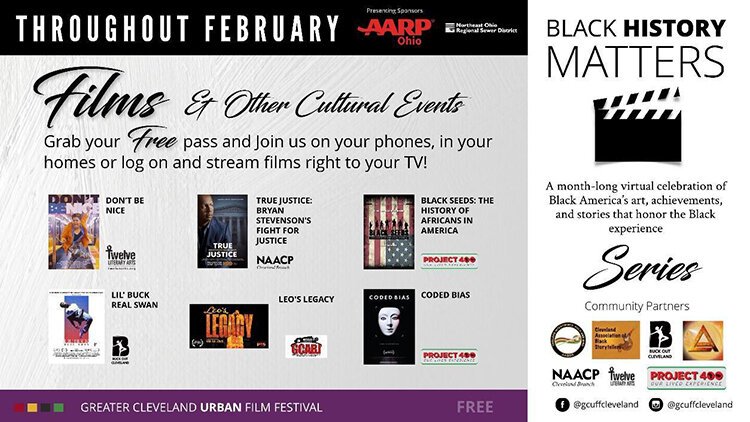 MidTown’s efforts around Black History Month seek to educate younger audiences while giving local artists a bigger platform, says Carter. The CDC, which supports the neighborhood between the Innerbelt and East 79th Street, east to west, and Payne to Cedar avenues from north to south, is encouraging people to check out its documentary on one of the neighborhood’s old landmark musical venues, Leo’s Casino, entitled "Leo’s Legacy". Screenings will take place virtually as part of the Greater Cleveland Urban Film Festival, beginning at noon, on Saturdays, Feb. 13 and 20. Interested viewers can fill out a registration form to receive a link to stream the documentary for free. The link will grant access to "Leo’s Legacy"
MidTown’s efforts around Black History Month seek to educate younger audiences while giving local artists a bigger platform, says Carter. The CDC, which supports the neighborhood between the Innerbelt and East 79th Street, east to west, and Payne to Cedar avenues from north to south, is encouraging people to check out its documentary on one of the neighborhood’s old landmark musical venues, Leo’s Casino, entitled "Leo’s Legacy". Screenings will take place virtually as part of the Greater Cleveland Urban Film Festival, beginning at noon, on Saturdays, Feb. 13 and 20. Interested viewers can fill out a registration form to receive a link to stream the documentary for free. The link will grant access to "Leo’s Legacy"
until 9 p.m. on both screening days.
Leo’s Casino was known as a testing ground for Motown artists and other stars in the ‘60s and ‘70s. According to the Encyclopedia of Cleveland History, legends like Smokey Robinson and the Miracles, Jackie Wilson, Marvin Gaye, Ray Charles, Dionne Warwick, the Supremes, the Temptations, and the Four Tops all performed at Leo’s Casino between 1963 and 1972. Some of Stevie Wonder's and Aretha Franklin’s first performances took place there, as did Otis Redding’s final concert.
Founded by Leo Frank and business partner Jules Berge, Leo’s operated out of the Quad Hall Hotel at 7500 Euclid Ave. The Rock and Roll Hall of Fame designated Leo’s Casino a historic landmark in 1999.
“The whole key was to keep this history alive,” Carter says. “We don’t really have any record of our Black history, as far as what the [Euclid] corridor used to be and what it used to look like. All we have is storytelling, so we thought it would be great to document the process and make sure for people who aren’t aware of this history that we keep it alive.”
MidTown commissioned the 2019 film, which was directed by Dr. Leah C.K. Lewis, CEO and founder of Three Butterflies Entertainment & Press. Carter says discussions with residents and stakeholders in 2018 inspired its creation, along with neighborhood performances showcasing artists that the organization is eager to host again following the pandemic.
“A lot of the residents were frank about how they felt that the development that was happening in the neighborhood didn’t reflect them nor were they part of revitalization,” Carter says. “They talked about how before we can even mention the future, we have to talk about the past. Back in the ‘60s and ‘70s, Euclid was a booming corridor filled with Black-owned businesses and other venues of that sort. The culture of MidTown itself was quite different–it was like an epicenter of music, entertainment, and fun. After hearing that, we wanted to bring that back.”
 Until it’s safer for in-person performances, MidTown will continue to offer virtual concerts. The organization is hosting its Caffeine Beats Virtual Concert on Thursday, Feb. 25. Presented by MidTown MixTape, the hour-long event will showcase local talent like Dre Walton and Orlando Watson. The live event begins at 6 p.m. and can be viewed by visiting MidTown’s Instagram and Facebook pages and clicking on the live video once the event begins.
Until it’s safer for in-person performances, MidTown will continue to offer virtual concerts. The organization is hosting its Caffeine Beats Virtual Concert on Thursday, Feb. 25. Presented by MidTown MixTape, the hour-long event will showcase local talent like Dre Walton and Orlando Watson. The live event begins at 6 p.m. and can be viewed by visiting MidTown’s Instagram and Facebook pages and clicking on the live video once the event begins.
Inspired by NPR’s “Tiny Desk” concerts, MidTown’s Caffeine Beats series, which made its debut last May, caps off Black History Month events in MidTown. It seeks to bring a “digital café environment” to devices around the world to broaden the reach of burgeoning Cleveland artists.
“The tie-in [to Black History Month] is really just celebrating Black excellence,” Carter says. “I’m trying to uplift the culture that already exists, that is already embedded, and pay homage to legacy that was left behind from the ‘60s and ‘70s and say, ‘we can be the starting point as far as creating more attention and outlets for people. With the momentum that’s taken place with Leo’s, I think a lot more folks are wanting to know more about how we can uplift the music scene and arts scene. The work that I’m doing is creating that demand and activating it. I’m creating a popup space so people can hear some dope events, music, connect with artists and also your neighbors. It’s so needed, especially after 2020.”
Resources for Black History Month and beyond
Instead of in-person or virtual events, the Greater Collinwood Development Corporation (GCDC) is encouraging and empowering its neighborhood to celebrate by taking in African-American literature, poetry, media, and other art. The organization published a wide-reaching list of works ideal for anybody looking to replicate the Black History Month experiences they are used to during this time of year.
Published in GCDC’s February newsletter and in the "Collinwood Observer," the list includes 10 books that range from Zora Neale Hurston’s 1937 “Their Eyes Were Watching God” to Ibram X. Kendi’s “How to be an Anti-Racist,” which was published just two years ago. It also includes the Pulitzer Prize-winning “The 1619 Project,” developed by Nikole Hannah-Jones and published by The "New York Times," and National Youth Poet Laureate Amanda Gorman’s “The Hill We Climb,” which she recited at the Presidential Inauguration in January.
“Our hope as an organization is that residents, businesses, stakeholders, institutions and visitors to Collinwood engage with the resources we shared and to use the article as a springboard for deeper exploration and engagement,” says Krystal Sierra, economic development specialist at GCDC.
GCDC also included a prompt for neighborhood residents to support Black-owned businesses in February and the remainder of the year. The newsletter linked to two maps—Shop Small! Black-Owned Businesses in Collinwood—and Black-owned restaurants across Greater Cleveland.
“One of the things that we realized with COVID-19 was that there wasn't an existing public directory for businesses in our service area for those who wanted to support small business," says Sierra. "So, back in March [2020] we created one that included all of the businesses we could find. It was a huge undertaking that required lots of input from staff, stakeholders, and residents and required us to call each of the businesses to confirm what we could find online, if we found them at all.”
GCDC first launched its small business directory last April and updated it for Small Business Saturday in November. Just this month, Master Collective requested the list for its Explore Collinwood project.
“Shop Small! Black-Owned Businesses in Collinwood is an extension of that work and brings us closer to our mission of equity for historically marginalized businesses and Black business owners,” says Sierra. “We want to celebrate and support the achievements of our Black-owned businesses while also recognizing the unique, systematic challenges that bar many Black entrepreneurs from opening and/or growing their business. The intention of the directory is to prompt our neighbors to shift from shopping at Black businesses as a novelty to a daily investment choice that intentionally supports Black business growth in Collinwood and invigorates economic vitality for the area. It isn't just a Black History Month thing. We want people to shop Black-owned businesses in Collinwood year-round.”
.jpg)

